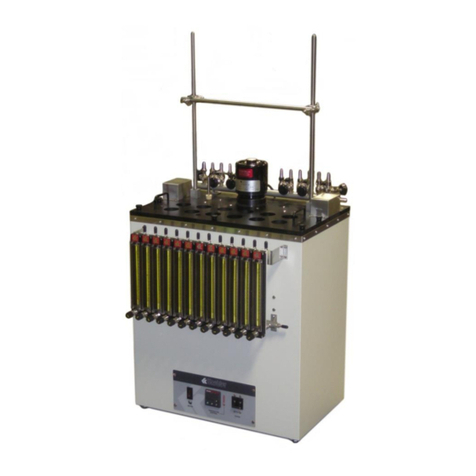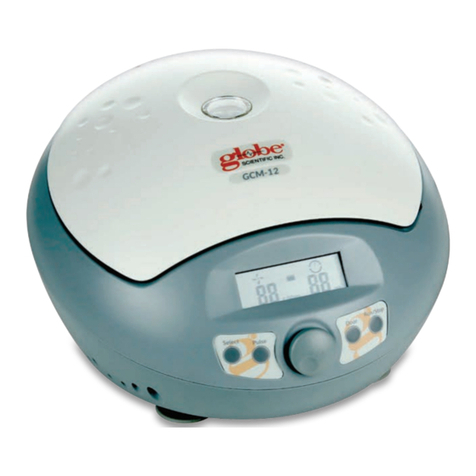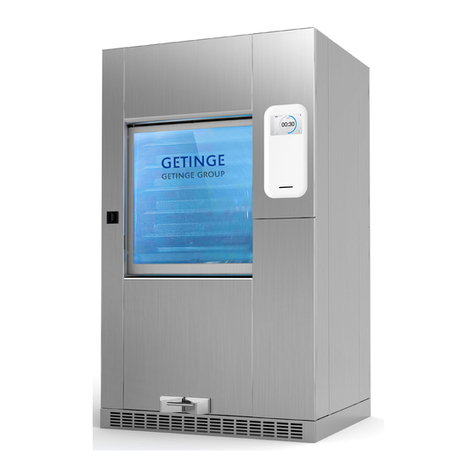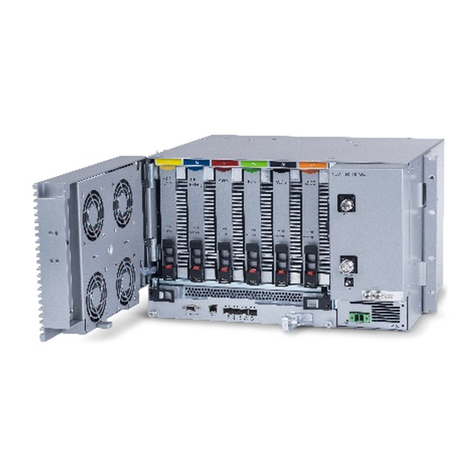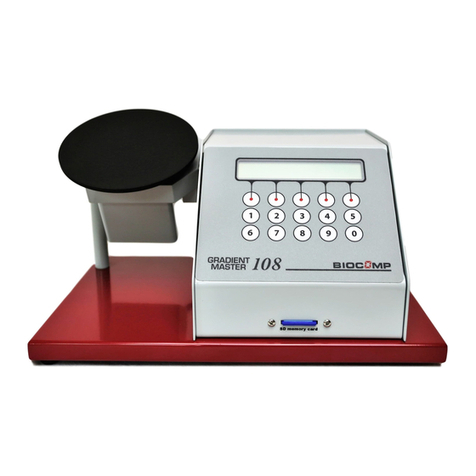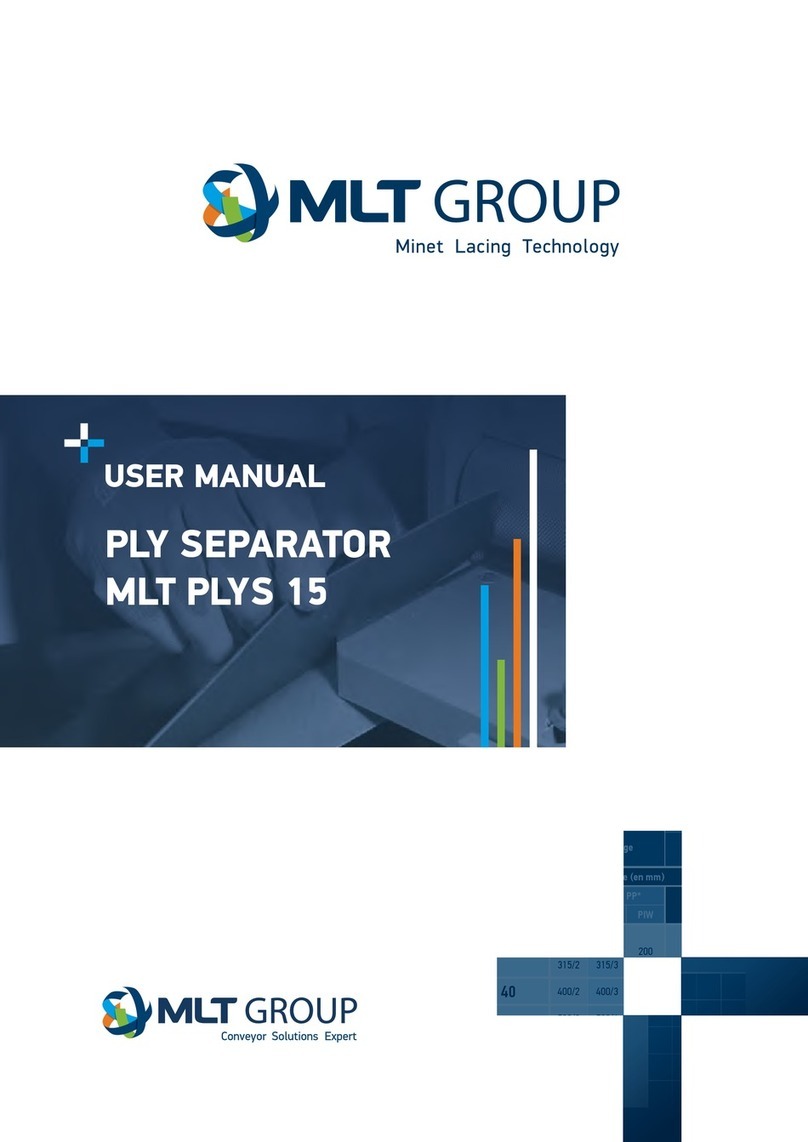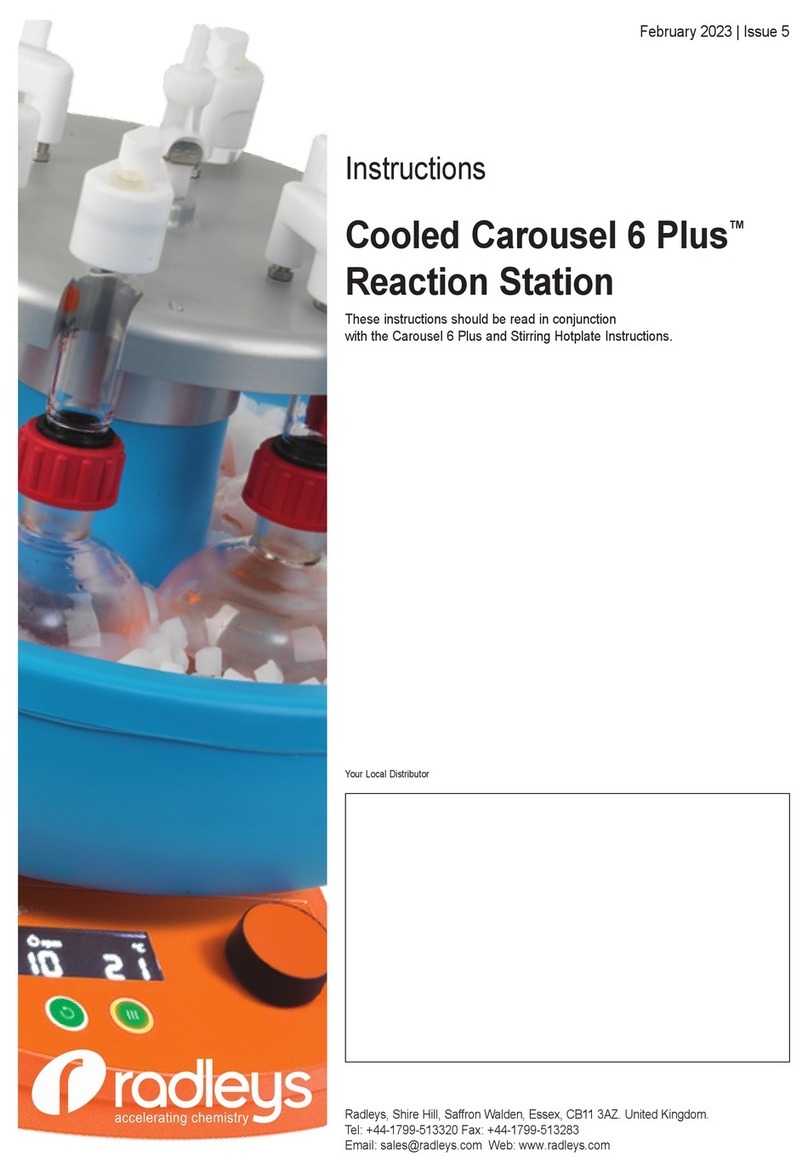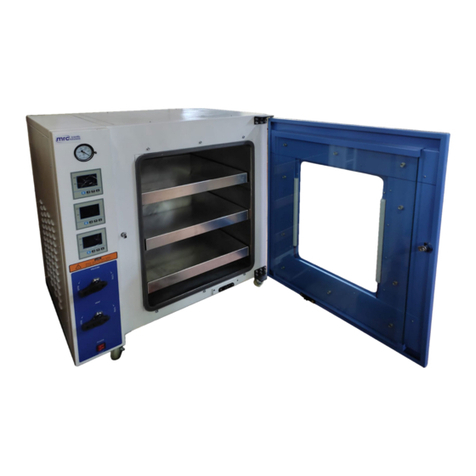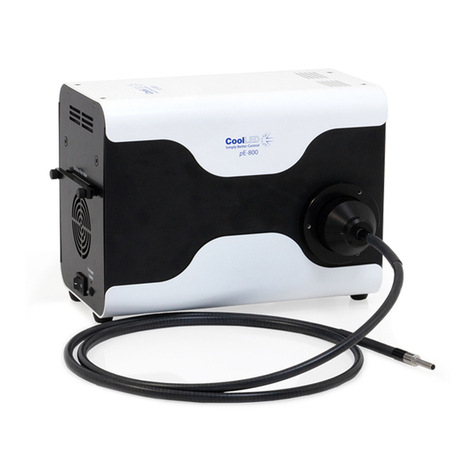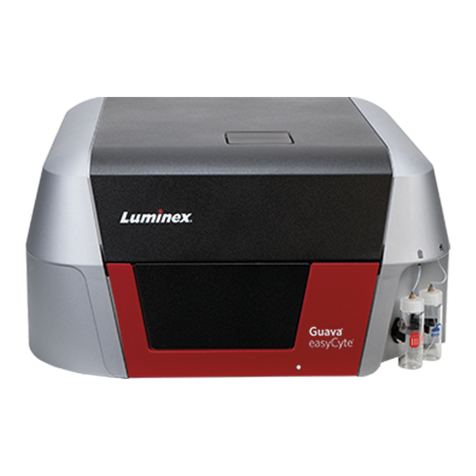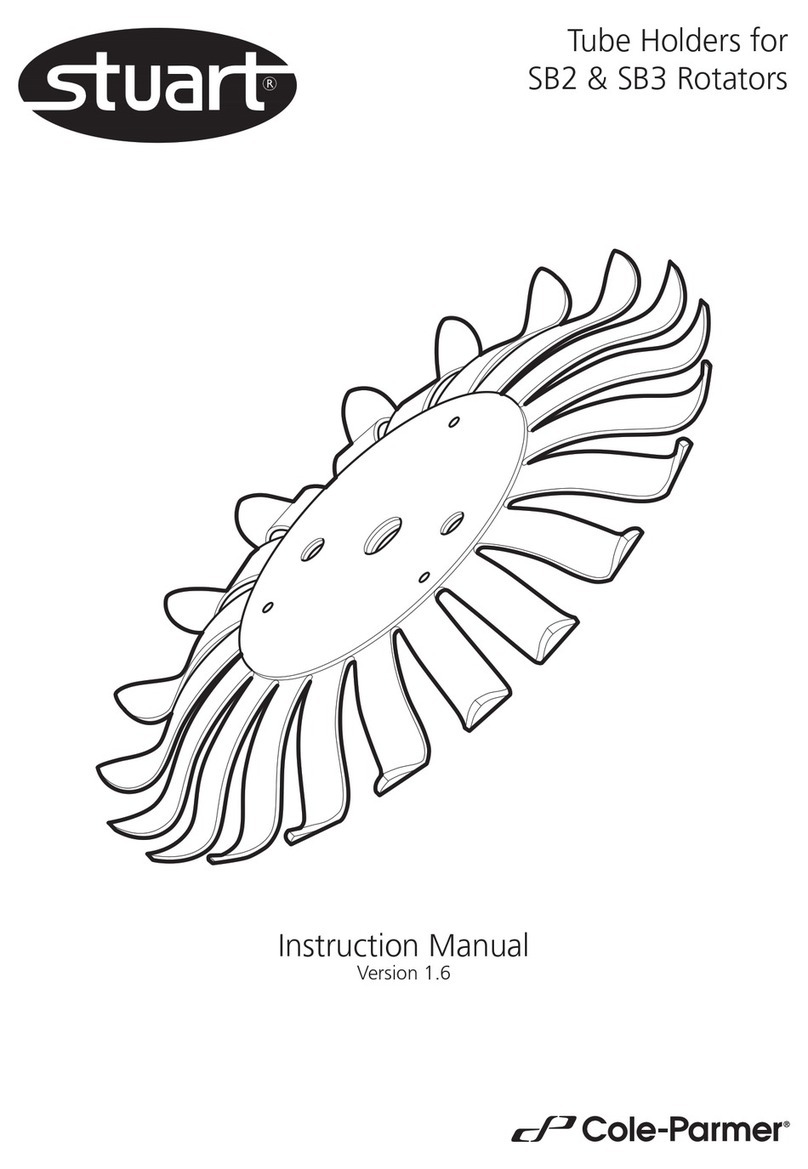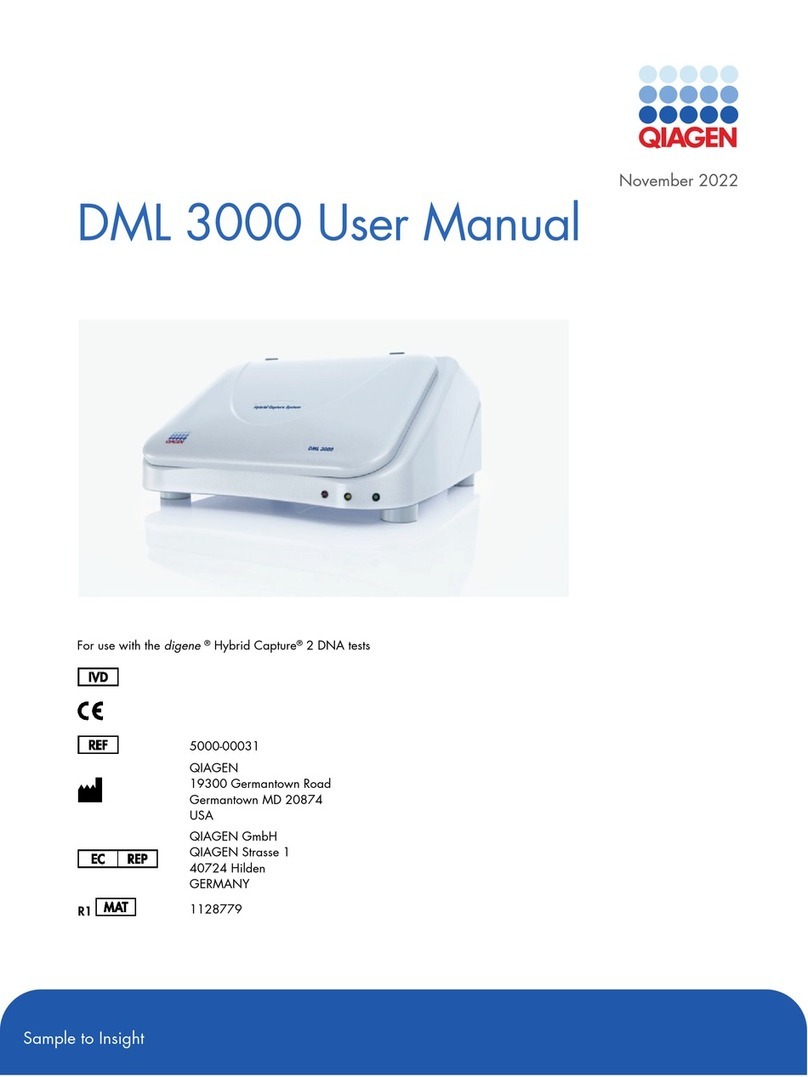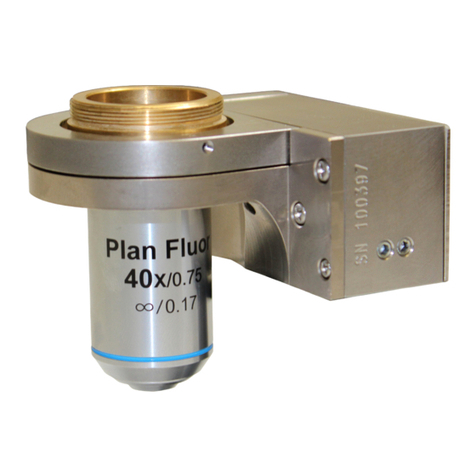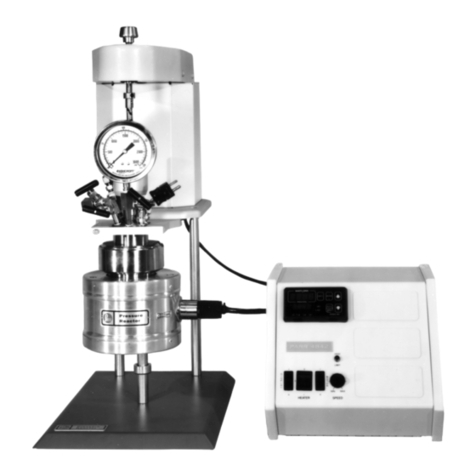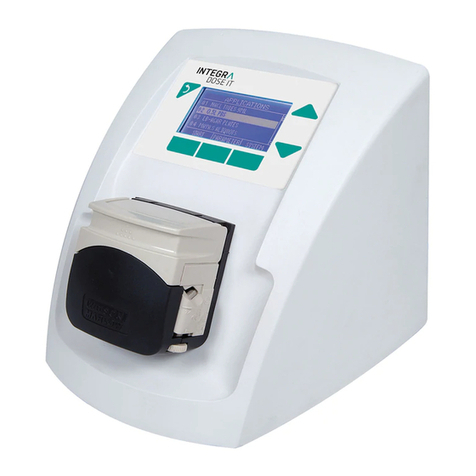
3
Table of contents
1 Important information ........................................................................................................ 5
1.1 Used symbols and indications .................................................................................... 5
1.1.1 Warning words. .................................................................................................... 5
1.1.2 Symbols. .............................................................................................................. 6
1.1.3 Stainer label ......................................................................................................... 7
1.1.4 Designation of menu sections, touch screen buttons, and operational actions. ... 8
1.2 Intended use ............................................................................................................... 9
1.3 Compatibility with reagents and accessories of other manufacturers ......................... 9
1.4 Qualification of personnel ........................................................................................... 9
2 Safety ............................................................................................................................. 10
2.1 General safety statements ....................................................................................... 10
2.2 Special safety statements ........................................................................................ 10
3. General characteristics .................................................................................................. 12
3.1 Description of Stainer ............................................................................................... 12
3.1.1 Construction of Stainer. ......................................................................................... 12
3.1.2 Accessories: troughs and racks. ........................................................................ 15
3.1.3 Micro SD card and micro SD card slot. ............................................................. 16
3.1.4 Working principle of Stainer. .............................................................................. 16
3.2 Technical data .......................................................................................................... 18
3.3 Environmental conditions ......................................................................................... 18
3.4 Delivery set ............................................................................................................... 19
4. Unpacking and installation of Stainer ............................................................................ 20
4.1 Site requirements ..................................................................................................... 20
4.2 Unpacking of Stainer ................................................................................................ 20
4.3 Connection of Stainer ............................................................................................... 22
5. Operation and control of functioning .............................................................................. 25
5.1 Main menu, menu structure ...................................................................................... 25
5.2 Menu section «PROGRAMMING». Programming of new techniques, editing of
parameters of previously downloaded techniques.......................................................... 26
5.3 Menu section «CONFIGURATION». Programming and control of the configuration,
performing of service functions....................................................................................... 32
5.3.1 Setting the interval of the introduction of racks into the process. ....................... 36
5.3.2 Menu section «SERVICE». Performing of service functions. ............................. 37
5.4 Menu section «PROCESS». Loading and unloading of racks. Processing of racks
with slides according to a given technological program .................................................. 39
5.4.1 Loading of racks. ................................................................................................ 39

